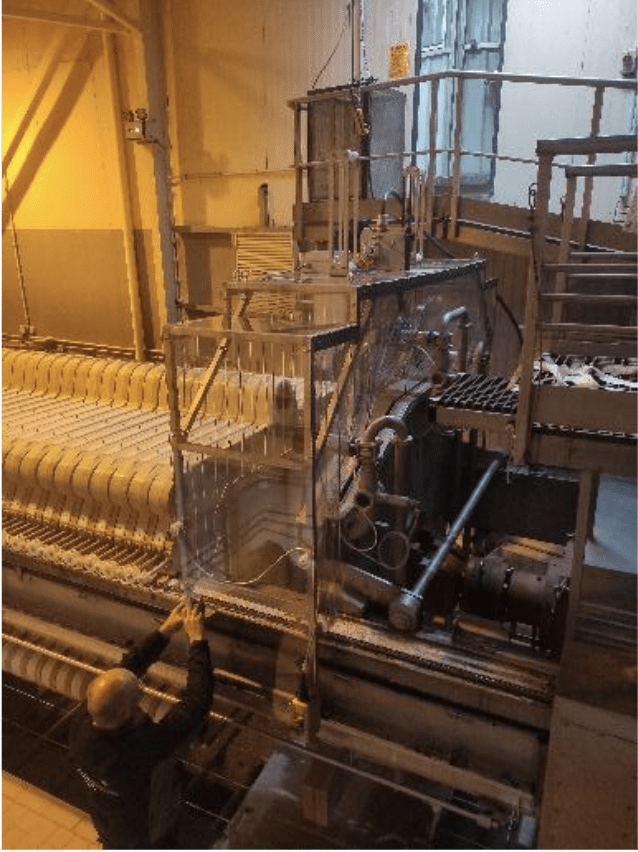- Our PlaygroundOur PlaygroundDiscover Ax System's innovative solutions for maintaining the performance of your industry. Designed to meet the unique needs of each industry, our systems provide effective and efficient cleaning for a range of applications. Whether you're in power generation, oil and gas or any other sector, our tailor-made solutions ensure optimum performance and longevity of your equipment.
- Our SolutionsOur SolutionsDiscover AX System's range of products, designed to meet a variety of industrial cleaning needs. Our products fall into our main categories: Air Cooler and Air Condenser Cleaning, Industrial Misting, Custom Industrial Cleaning, and Industrial Machine Cleaning Services.
We offer specific solutions to meet your unique needs. For instance, we provide Filter Press Cleaners, Electromagnetic Filter Cleaners, and Rotary Filter Cleaners. - What we cleanWhat we cleanDiscover our expertise in high-pressure cleaning for a variety of industrial equipment! Our know-how enables us to work on air condensers, heat exchangers and many other installations. Thanks to our specialized approach, we guarantee optimum performance and enhanced durability for these vital pieces of equipment.
- Our Achievements
- About Us
- Contact
Press Filter
The press filter is a solid-liquid separation equipment widely used in various industries, including wastewater treatment, chemical production, food and pharmaceutical manufacturing, as well as in the mining industry. Its operating principle relies on applying high pressure to separate solids from liquids through filter plates.
Operating Principle
A press filter consists of multiple filter plates arranged in a series, between which the sludge or mixture to be filtered is introduced under pressure. Each plate is covered with a filter cloth. When pressure is applied, the liquid passes through the cloth while the solids are retained, forming a filtration cake on each plate. After the filtration cycle, the plates can be separated to remove the solid filtration cake.
Advantages of the Press Filter
- Separation Efficiency: Thanks to the high pressure applied, the filter press allows for very efficient separation, producing relatively dry solids and recovering a clear liquid.
- Adaptable Processing Capacity: Filter presses can be sized and configured to handle varying volumes, from small amounts in laboratories to large industrial productions.
- Operation Cost Reduction: By maximizing product recovery and minimizing water consumption, filter presses help reduce operating and waste disposal costs.
- Versatility: Capable of processing a wide variety of sludges and suspensions, the filter press is used in many industrial and treatment processes.
Maintenance and Durability
Easy Maintenance: Although regular maintenance is necessary to ensure system performance, filter presses are designed for easy cleaning and maintenance, often with automated unloading systems.
Robust Construction: Made from materials resistant to corrosion and wear, filter presses offer a long service life even in demanding industrial environments.
Applications
Filter presses are used in wastewater treatment to separate sludge from purified water, in the mining industry for the recovery of precious metals, in the food industry for the clarification of juices and syrups, and in pharmaceutical production for the separation of precipitates.



